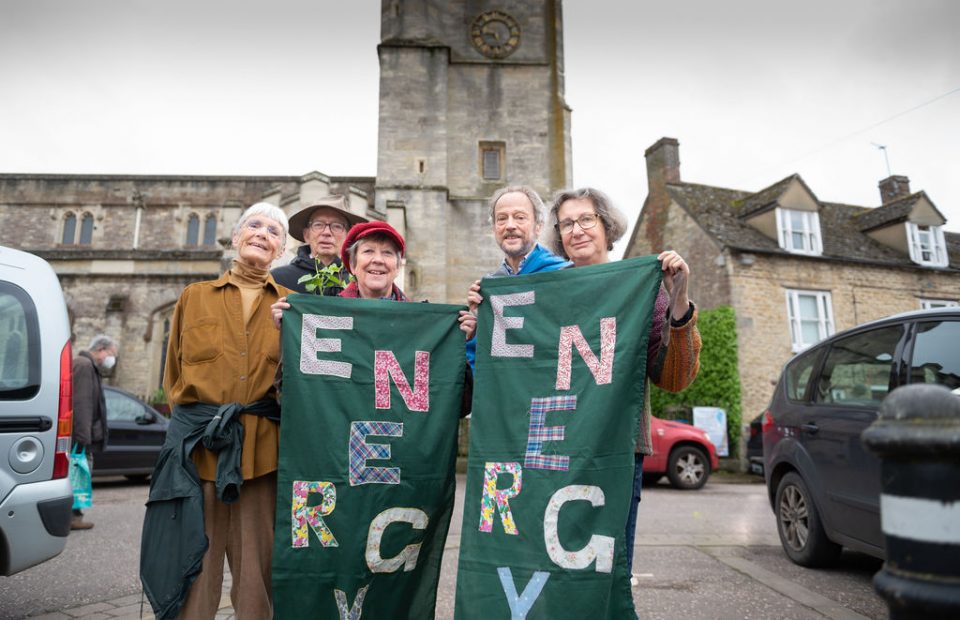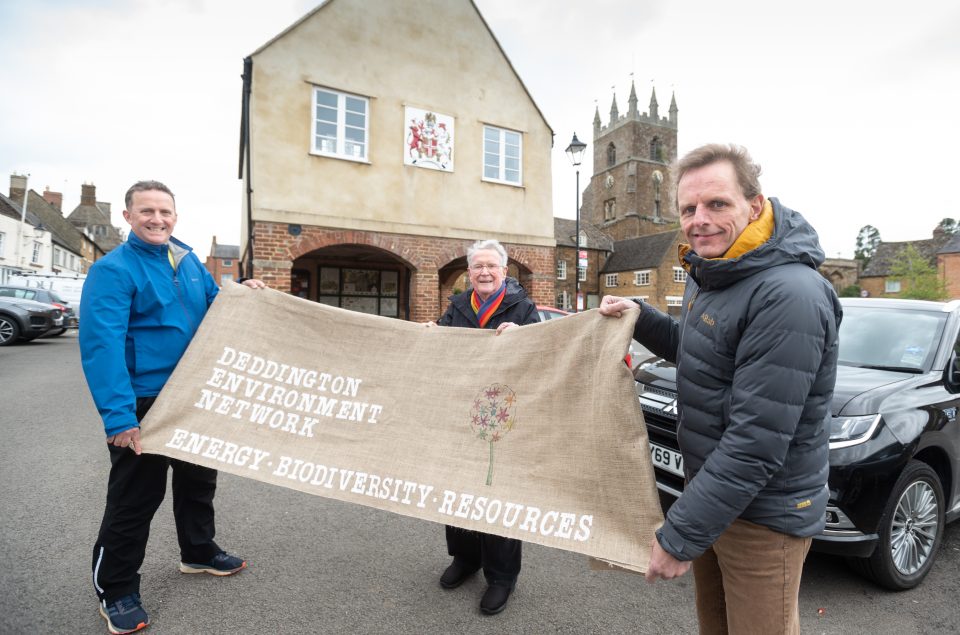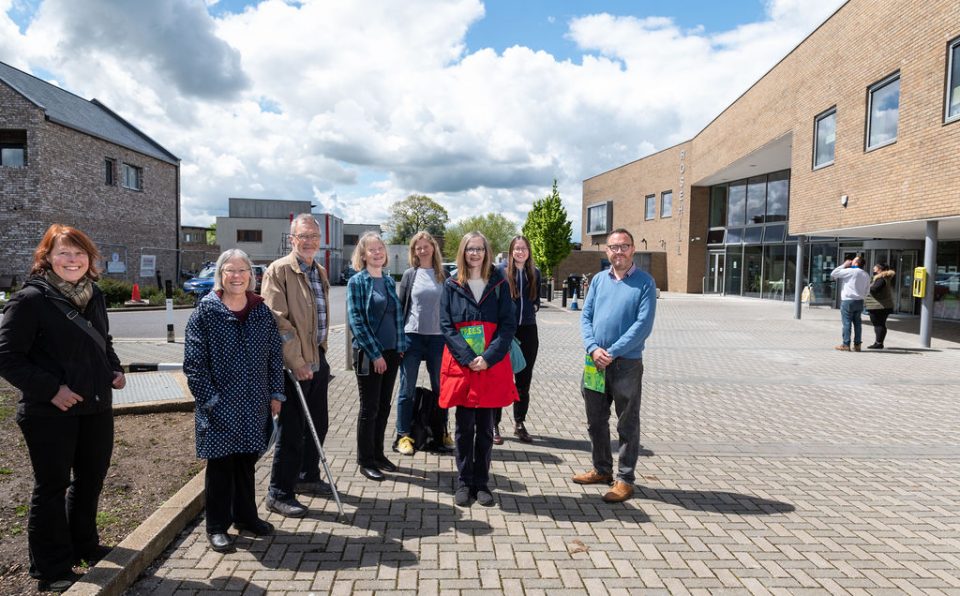
LEO’s approach
How we addressed the energy transition
Our energy system is changing. Increased local generation and storage, electrification of our heating and transport systems, the rise of flexibility services to help balance the grid in real time will require a smarter way of managing our energy system.
People and Communities
But it’s more than just the wires and switches that make up its physical infrastructure. It’s a social system, developed by people for people. As we make the transition to zero carbon energy, the changes required will be just as much about people and the way they interact with it as it is about technology. The changing energy system will require a transformation in how we use the energy system in our everyday lives, and communities and people need to be at the heart of that transformation .
We want to make sure that no one is left behind in the transition to a new energy system and that everyone can realise the benefits.



Building a knowledge base
Project LEO built the capacity of individuals and organisations to adapt and work within a new energy infrastructure – one that is based on a smart local energy system. Through trials and demonstrator projects, we built up a bank of valuable data and insights that can be used to support policy changes in the UK’s energy transition.
We showed how a local energy system can address the energy trilemma: equity, security, and sustainability We did this through exploring and testing different scenarios in which evolving technologies, emerging business models, and rates of customer adoption interact and influence each other.
Our innovative and leading trials were open to businesses and generation owners throughout Oxfordshire. Participants could earn money whilst supporting network security and helped progress our understanding of how communities could help meet the transition to net zero in a cost-effective manner.
Zero carbon solutions
There is no ‘one’ solution or pathway to meeting our zero carbon targets. Multiple technologies and pathways will be necessary. Flexibility services are just one of the pathways to this change. Our work through Project LEO will help develop the plans, policies, technologies, and investments now to enable them to function at the scale and speed required.
These actions are necessary as without them, we won’t achieve the scale of change required to meet net zero carbon targets by 2050.
Change is already underway. But we need more evidence to support and inform the right strategies to meet net zero targets.